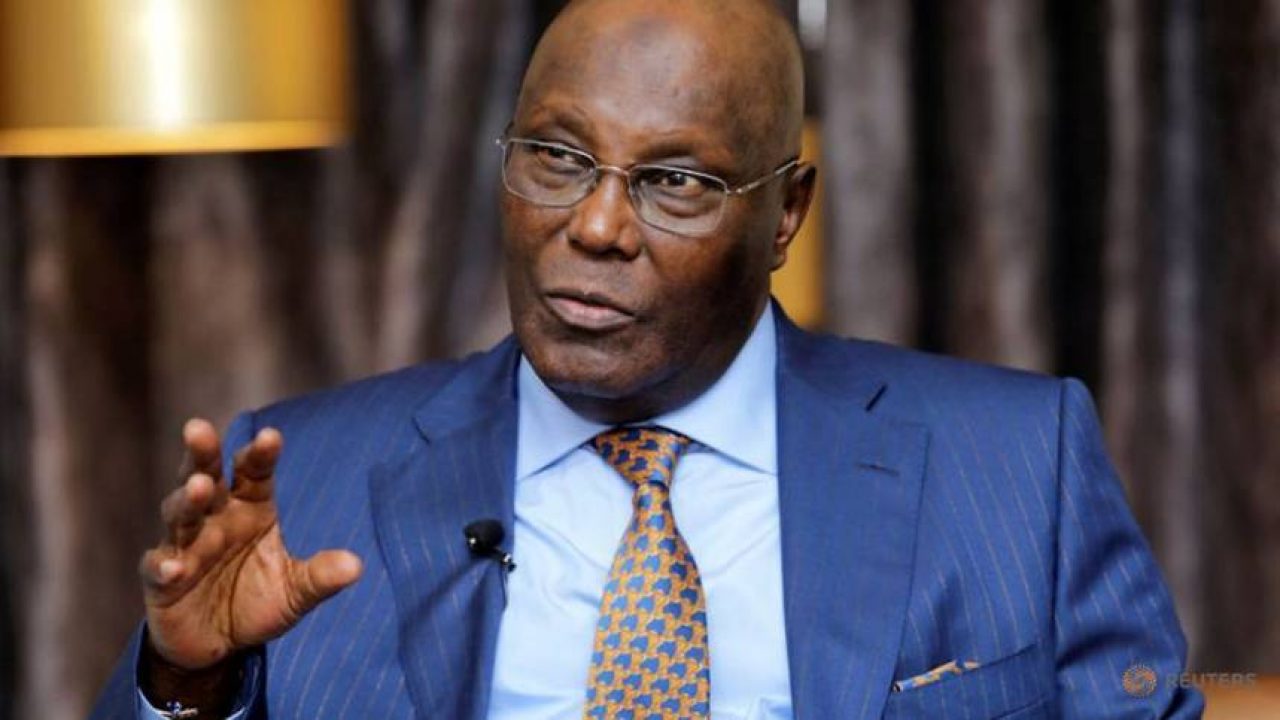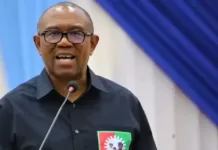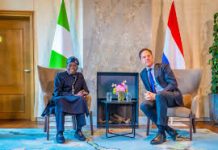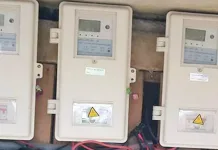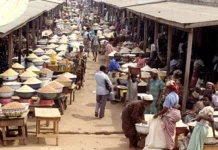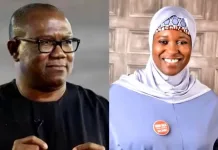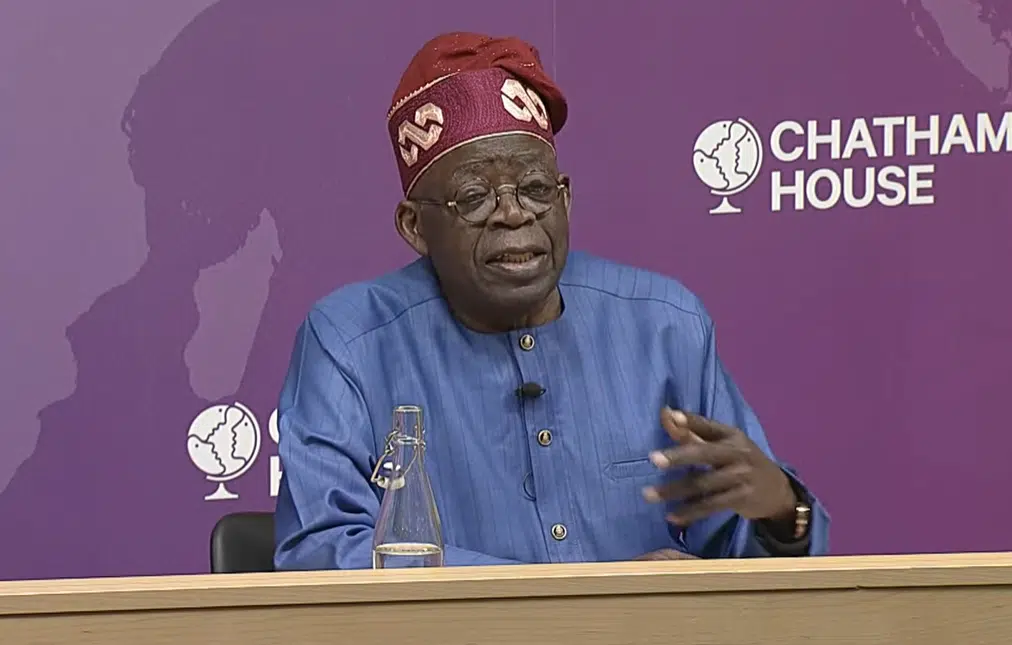
Chatham House has given it verdict on Nigeria’s 2023 presidential election held on Saturday, February 25.
Chatham House is an independent policy institute based in London.
The institute is not happy with the Independent National Electoral Commission (INEC) over the conduct of the presidential election.
The ruling party, the All Progressives Congress (APC) may attack the institute, but here is why Chatham House should speak on the matter.
All the major presidential candidates in Nigeria were visitors to the organisation before the presidential election.
Upon their visit, they laid out their plans for the country if elected president.
That election held and the ruling party’s candidate has been declared the winner.
Furthermore, the candidate of the ruling party, Bola Ahmed Tinubu, now has his Certificate of Return.
He defeated Peter Obi of the Labour Party and Atiku Abubakar of the Peoples Democratic Party.
However, Chatham House is not particularly angry that Bola Tinubu was declared winner of the election, they are angry with INEC.
INEC’s Performance
The Associate Fellow, Africa Programme, Dr. Leena Koni Hoffmann, who wrote on behalf of the institute says that from its analysis of the February 25 presidential election, it would appear that INEC failed to learn new lessons.
To them, the electoral body did not adhere to its guidelines, which it enunciated before the poll, especially the one bordering on real-time uploading of results.
Chatham House says the delayed opening of polls meant many potential voters could not vote.
Hoffman wrote: “The INEC’s performance and controversies over these results mean that the electoral reforms and lessons declared to have been learned were not fully applied and, as an electoral body, it was significantly less prepared than it claimed.
“The logistical failures of INEC and widespread delayed opening of polling units meant that voters who showed up at the polls early were frustrated, and many voters and INEC staff were not able to locate their polling units for several hours”.
Disenfranchised Voters
Chatham House stated that Nigerians queued in the sun and rain to cast their votes, despite recurrent fuel crises, epileptic power supply, record inflation, and a painful cash crunch.
It added that despite their sacrifices, thousands of voters were disenfranchised and multiple irregularities were recorded, as well as intimidation and violence.
Chatham House stated: “Less than half of eligible voters could participate in the elections, despite the commission’s 305 Naira billion budgetary allocation.
“While Nigeria’s youth seemed energised leading up to the elections, it seems their ability to turn out is still being hugely constrained by how difficult and potentially dangerous it is to cast a vote in Nigeria.
Also Read: INEC Release List Of Senate-Elected, APC Top List
“The INEC’s performance and controversies over these results mean that the electoral reforms and lessons declared to have been learned were not fully applied”
High Budget Failure
Despite the high budget the 2023 election consumed, the Chatham House records that it has the Lowest turn out of any election ‘since Nigeria returned to democracy in 1999’.
You May Like: ‘Insist On Mahmood Yakubu’s Sack’ – Okonkwo Tells Nigerians
“At just 25.7%, the elections have the lowest recorded turnout of any election since Nigeria returned to democracy in 1999, despite being the most expensive.
“These dwindling numbers highlight how Nigeria’s politics and state institutions continue to exclude rather than include”.

